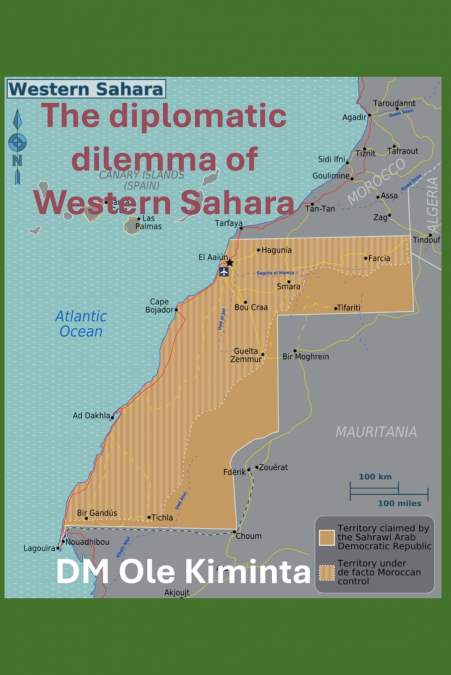
DM Ole Kiminta
Historical ContextThe history of Europeans dividing people and lands has had many grievances over the years after they vacated out or released the lands that they had colonised. On the African continent alone, just like the Europeans landed on North America and divided lands and people without caring a flake in hell about the natives, so is the African’s fate.There are those that had closely netted tribes that had common language, culture and family ties like Morocco and the region of Western Sahara which the colonial power had named 'Spanish Sahara’. Then there are those like in East Africa where there are more than 100 different tribes and different religions who were herded like cattle into regions and became collectively as one country. others like South Sudan separated recently and look how many wars they have had in just within a few years. There are many reasons why trying to separate into small pieces of land is unproductive in many ways. In our current times, we actually live in a global village where everything is almost one. there is a lot that I could say, but it is only fair for me to let other writers who are better than me address the issue. My humble opinion is that people have to look carefully at leaders who advocate to separate and form governments that may not result in helping the people. Today, you only have to look at countries that have had a part of their country separating. In the case of the Sahrawian people, in my opinion, there is nothing to lose by staying the status quo because you are free and have freedom of choice, just do not chose the wrong individuals who have their interest elsewhere because they follow what the outside political players ask of them. again, my opinion is probably not everybody else opinion, but at least, in that way, I see piece in the far distance.The historical context of Western Sahara’s integration with Morocco is deeply rooted in the complex colonial legacy of the region. Following the end of Spanish colonial rule in the 1970s, Western Sahara became a contested territory, leading to a protracted conflict between Morocco and the Polisario Front, which advocates for independence. Morocco claims historical rights over the territory, citing its historical administration and the Treaty of Fez in 1912, which established Morocco as a protectorate under Spanish and French influence. This claim is bolstered by references to ancient maps and records that depict Western Sahara as part of a greater Moroccan kingdom, emphasizing the long-standing ties that have existed between the regions.Economically, the integration of Western Sahara with Morocco holds significant promise for both regions. Morocco has invested in various development projects in the territory, aiming to boost its economy and improve infrastructure. The establishment of economic zones and investment in natural resource management could lead to increased employment opportunities and improved living standards for Sahrawis. The access to Moroccan markets and the potential for tourism development also present economic benefits that would enhance the overall prosperity of the region. This economic rationale is often presented as a compelling argument for why integration should be favoured over independence.